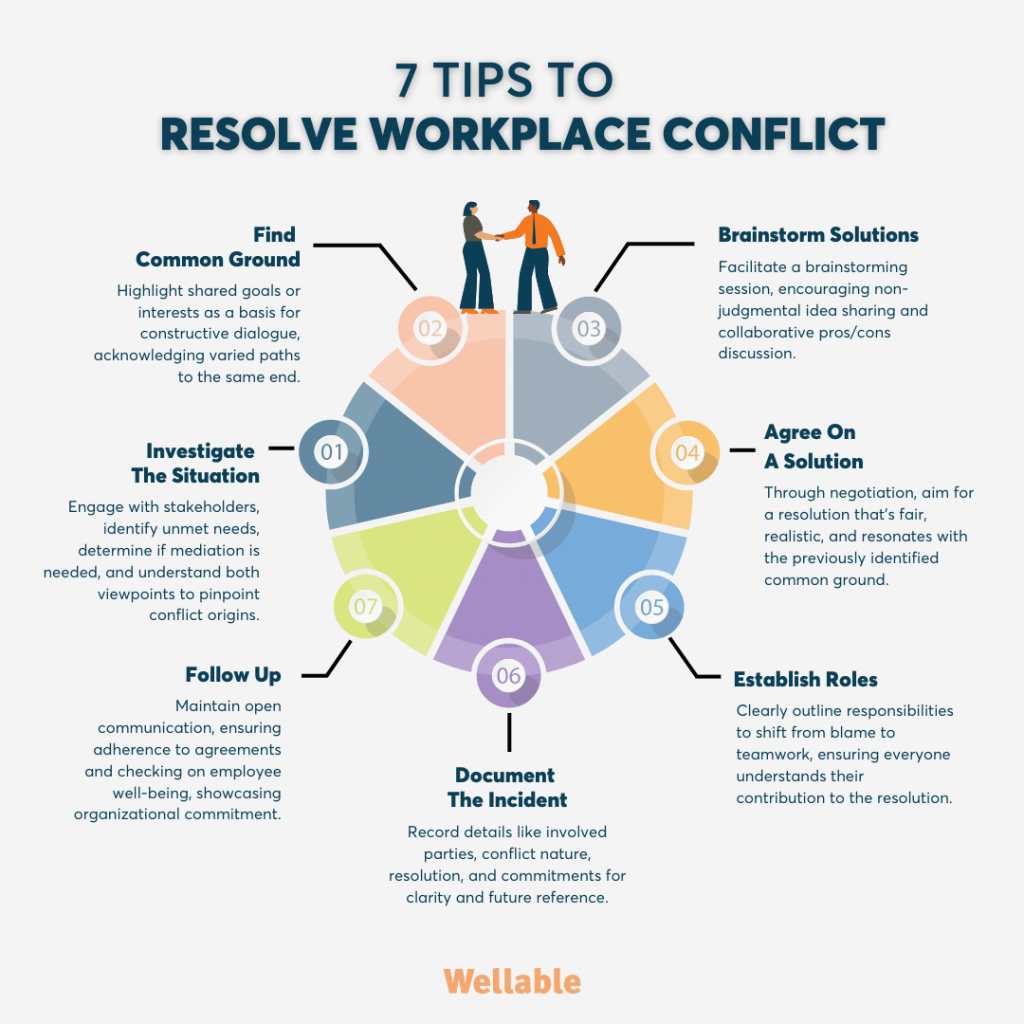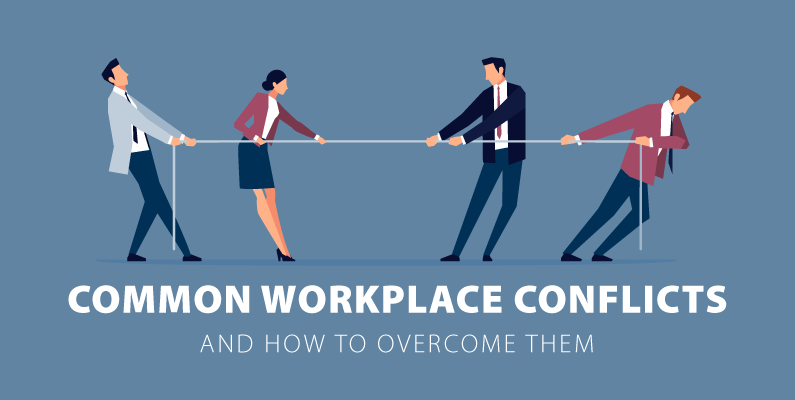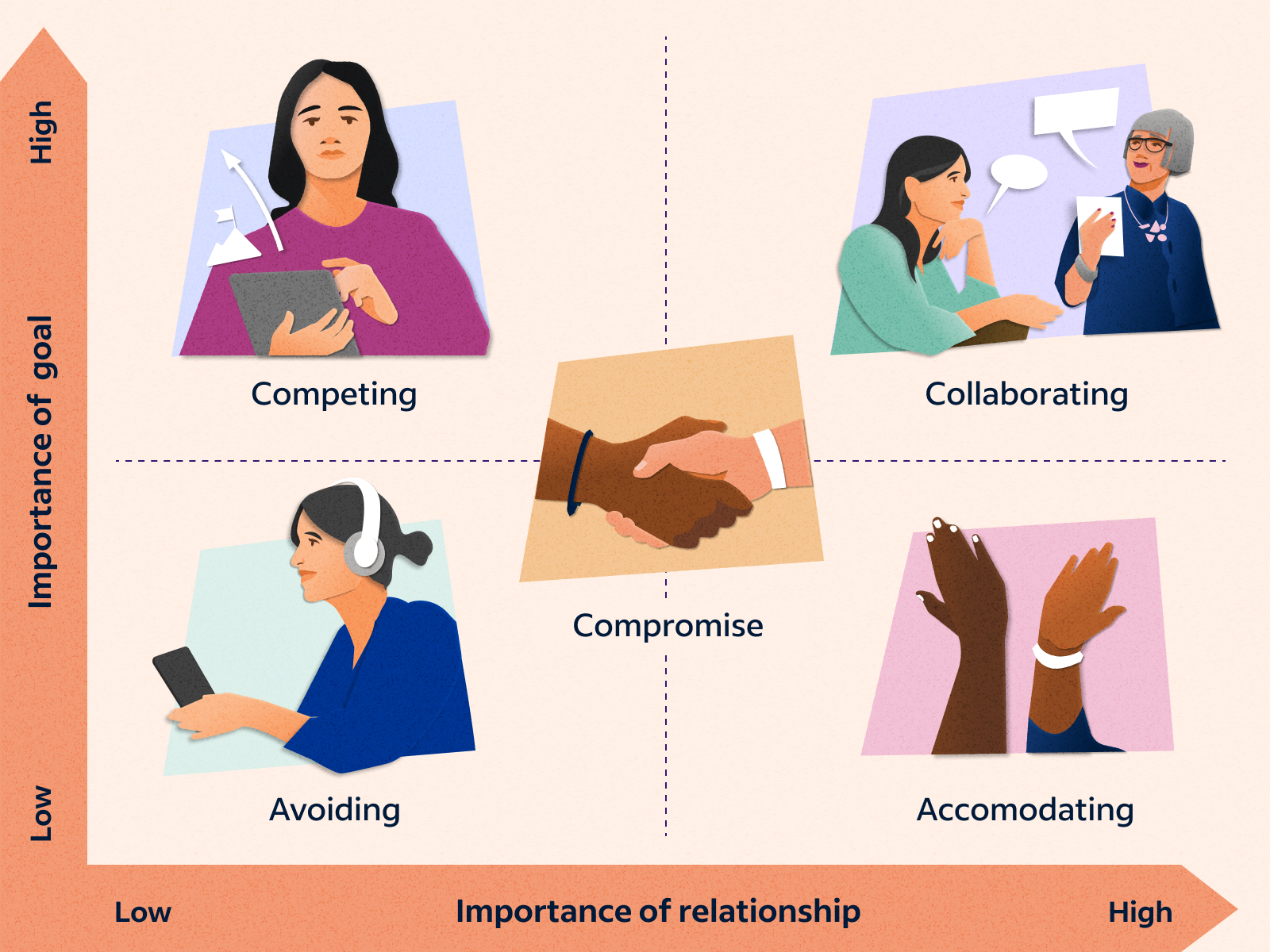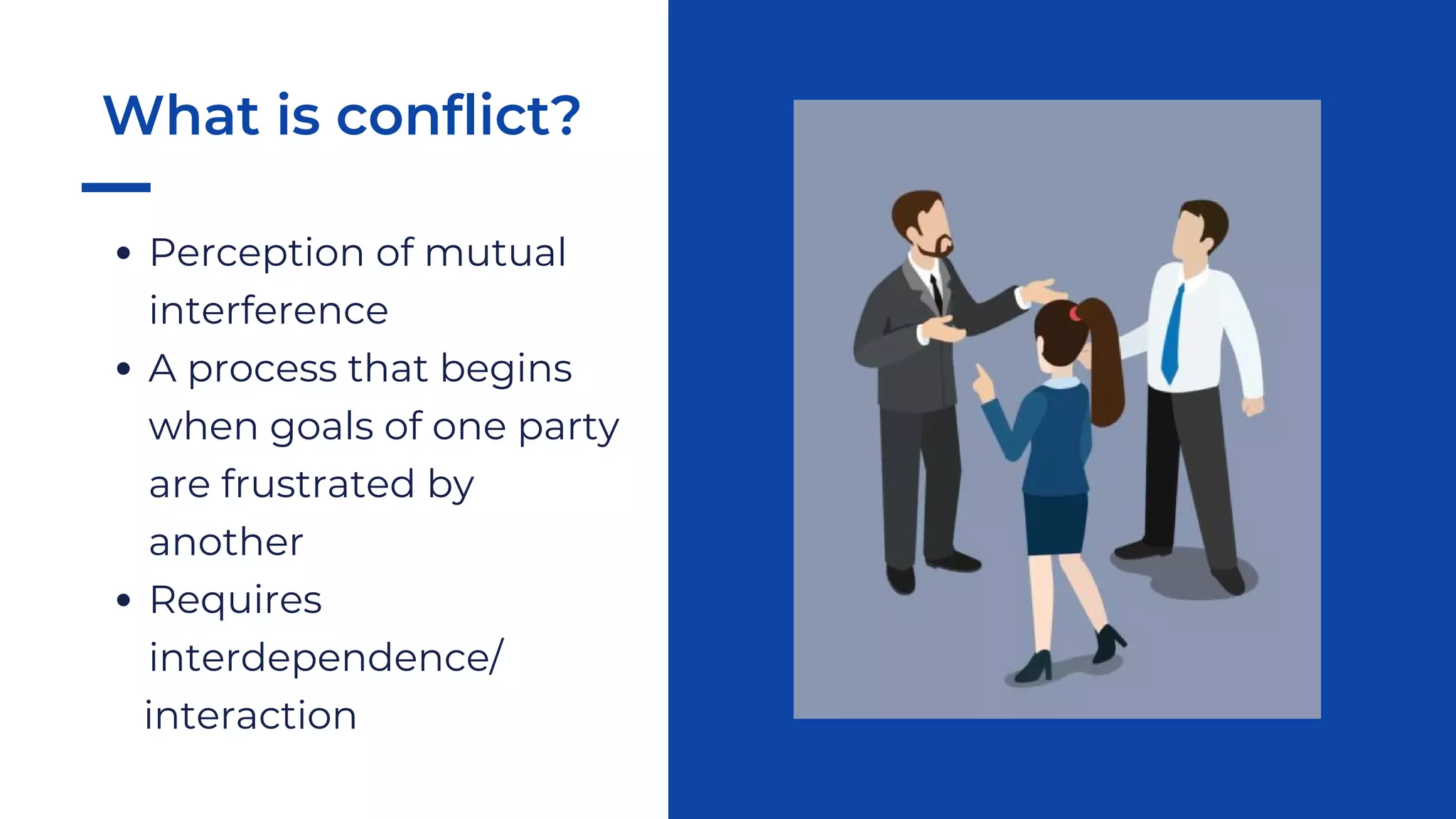How To Solve Disagreements At Work
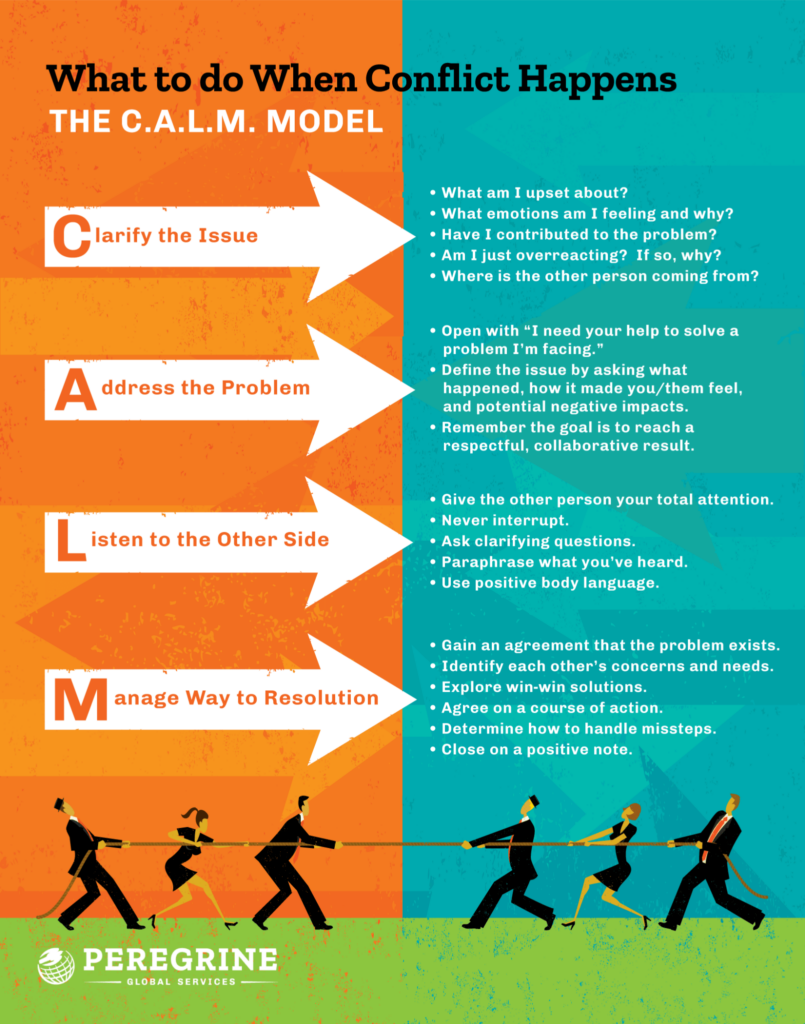
The midday sun streamed through the office window, illuminating dust motes dancing in the air above Sarah and Mark’s heads. Tension hung thick between them, palpable enough to cut with a knife. Their voices, usually a harmonious blend of collaboration, were now sharp edges of disagreement, echoing off the otherwise quiet cubicles. The debate over the marketing campaign budget had escalated, and a solution seemed miles away.
Navigating workplace disagreements is a universal challenge, yet mastering this skill is crucial for team productivity and individual well-being. This article will explore practical strategies for resolving conflicts constructively, fostering a more positive and collaborative work environment.
Understanding the Roots of Workplace Conflict
Workplace disagreements arise from a myriad of sources. Often, it’s a clash of personalities, differences in work styles, or competing priorities.
According to a 2008 CPP Global Human Capital Report, miscommunication and lack of clarity are significant contributors, with nearly 60% of employees reporting that their workplace suffered from these issues. These misunderstandings can quickly escalate into full-blown conflicts if not addressed proactively.
The Importance of Active Listening
Active listening forms the cornerstone of effective conflict resolution. It involves truly hearing and understanding the other person’s perspective, rather than simply waiting for your turn to speak.
This requires paying attention not only to the words being said but also to the nonverbal cues – body language, tone of voice, and facial expressions. Practicing empathy allows you to step into their shoes and see the situation from their point of view.
“Most people do not listen with the intent to understand; they listen with the intent to reply,” wrote Stephen Covey in The 7 Habits of Highly Effective People.
Clear Communication is Key
Once you understand the other person's perspective, clearly and respectfully communicate your own thoughts and feelings. Avoid accusatory language or generalizations.
Instead, focus on specific behaviors or situations and explain their impact on you or the team. Using "I" statements, such as "I feel frustrated when..." instead of "You always..." can help de-escalate tension and promote understanding.
Finding Common Ground and Compromise
Identifying common ground is essential for finding a resolution. Look for areas where you and the other person agree, even if it's just on the shared goal you're both working towards.
From there, explore potential compromises that address both your needs and the other person's. Compromise doesn't mean giving up entirely on what you want, but rather finding a mutually acceptable solution that takes both perspectives into account.
Seeking Mediation When Needed
Sometimes, despite your best efforts, disagreements persist. In these cases, seeking mediation can be a valuable step. A neutral third party can facilitate a conversation, help identify underlying issues, and guide the parties toward a resolution.
Many companies offer internal mediation services through their HR department. If that's not available, consider seeking external mediation from a qualified professional.
Documentation and Follow-Up
After reaching a resolution, document the agreed-upon terms and follow up to ensure that everyone is upholding their end of the agreement. This helps prevent future misunderstandings and reinforces the commitment to resolving conflicts constructively.
Regular check-ins can also help identify and address any emerging issues before they escalate.
Building a Culture of Respect
The most effective way to minimize workplace disagreements is to cultivate a culture of respect, open communication, and psychological safety. This starts with leadership setting the tone and modeling respectful behavior.
Encourage employees to share their ideas and concerns openly, and create opportunities for team-building and collaboration.
Investing in conflict resolution training can also equip employees with the skills and knowledge they need to navigate disagreements effectively. Ultimately, a workplace where disagreements are seen as opportunities for growth and learning is a more productive and fulfilling environment for everyone.
Back in the office, after a tense hour, Sarah and Mark finally found a compromise. By actively listening to each other and acknowledging the validity of both their perspectives, they were able to adjust the budget in a way that satisfied their core requirements. The air cleared, the tension dissipated, and they resumed their work, their working relationship strengthened by their ability to navigate the disagreement respectfully. The sun still shone, but now, it felt a little warmer.
